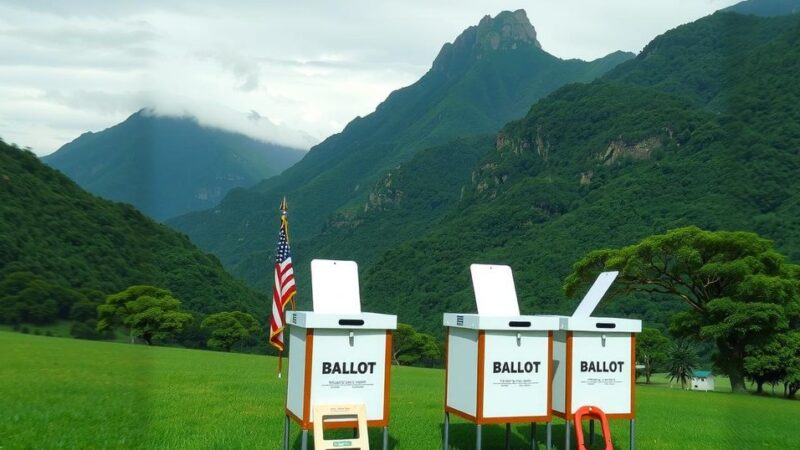Portugal will hold an early election on May 18, after its minority government fell following a confidence vote. President Marcelo Rebelo de Sousa described the government collapse as unexpected and stressed the need for political stability amid EU challenges. Political discontent may favor the populist party Chega, while questions surrounding Prime Minister Montenegro’s conduct continue to stir controversy.
Portugal’s President, Marcelo Rebelo de Sousa, has announced an early general election scheduled for May 18, following the collapse of the minority government two days prior. The government’s fall occurred after a confidence vote in parliament resulted in a defeat that surprised many, including the president who remarked that it was neither “expected nor wanted.”
In his televised address, President de Sousa emphasized the importance of political stability, urging citizens to actively participate in the upcoming election. As Portugal faces significant security and economic challenges within the European Union, he called for voter engagement during this third general election in three years.
The political landscape has been unstable since the 1974 Carnation Revolution, with the country experiencing a series of minority governments. Traditional political rivals, the Social Democratic Party and the Socialists, have seen diminishing support as smaller parties gain influence, complicating governance and leading to increased instability.
This forthcoming election adds layers of uncertainty, particularly as Portugal is preparing to utilize over 22 billion euros in European Union development funds. The right-wing populist party, Chega, may benefit from voter disenchantment with the status quo, as it gained significant traction during the last elections.
The recent fall of the government, led by Prime Minister Luis Montenegro and a smaller alliance, was partly due to allegations regarding potential conflicts of interest tied to his family’s law firm. Montenegro has denied any wrongdoing, stating he had distanced himself from the business once he became party leader. Meanwhile, the Socialists are pushing for a parliamentary inquiry into the matter amid concerns surrounding the firm’s financial activities.
Despite these challenges, the Social Democrats are optimistic that a reported economic growth of 1.9% in the previous year, alongside a jobless rate of about 6.4%, will help maintain public support as they approach the election.
Portugal’s imminent general election on May 18 arises from the dissolution of its minority government, prompting political instability amidst significant economic challenges. The election reflects widespread discontent with traditional parties, potentially benefiting the rising populist party Chega. Allegations surrounding the outgoing Prime Minister’s business dealings further complicate the political landscape, urging citizens to actively participate in shaping Portugal’s future.
Original Source: abcnews.go.com






